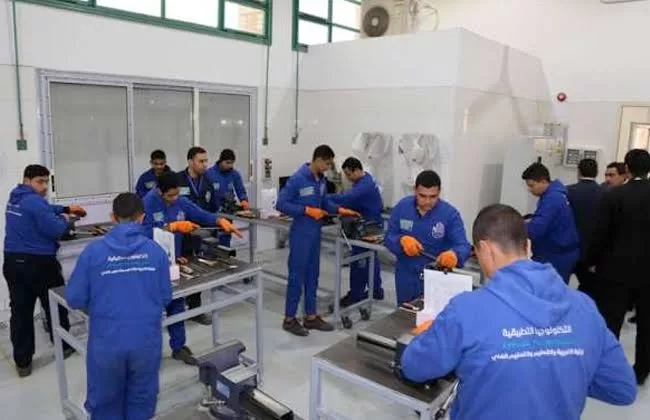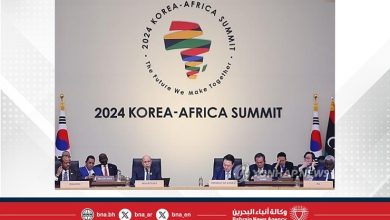Applied technology schools link education to labour market

In an attempt to enhance the quality of technical education in Egypt over the recent years, the Ministry of Education and Technical Education has been seeking to establish applied technology schools, which are inseparable from industry.
In 2018, the Technical Education reform programme was launched to improve the quality of technical education through competency-based curricula.
As part of the programme, the ministry established three applied technology schools the same year, aiming to better cater to the needs of the labour market. Now, there are 48 schools in 19 governorates teaching subjects on IT, manufacturing, agriculture, hotels and hospitality, and retail, according to the ministry’s website.
The facilities were built through partnerships with more than 40 private sector corporations. So far, ten of these schools have graduated students, most of whom were offered jobs by the private sector partners.
“There has been a sort of small revolution in the social perception of technical education,” Deputy Minister of Education for Technological Development Ahmed Dhaher told the local media recently.
“The ministry had initially planned to set up 100 vocational schools with private sector industrial partners by 2030, 10 every year. That plan has now been amended to target 400 new facilities,” Daher added.
These new schools consider the labour market here and abroad, Dhaher said. He cited a study by the European Bank for Reconstruction and Development (EBRD) on jobs available in Europe and the Arab countries for Egyptian technical graduates.
“The study concluded that Europe, Germany in particular, was in bad need of hospitality graduates. We have 20,000 graduating a year in this sector. We are engaged in discussions with development partners to increase the number,” Dhaher noted.
He also pointed out that the curricula at applied technology schools focus on three elements — cultural sciences, technical sciences, and practical training in factories and companies.
Students applying for these schools pay the same fees as government ones, but they have to attend face-to-face interviews and undergo medical-checkups before to be accepted, Dhaher explained. Also, the teaching staff in the new vocational schools has many privileges that enable them to better educate students. For example, they receive performance-linked bonuses.
“About 60 per cent of Egyptians are under 24. As the population has risen 20 million since 2010, primary and secondary education must expand and vocational education should meet the demand on skills in the labour market,” education expert Tarek Nour Eddin said.
“The idea of the new applied technology schools is similar to the previous experiment in dual technical education system, i.e. a school inside a factory. But the difference is that the new ones provide more advanced training in new technological fields,” Nour Eddin added.
The dual technical education system – which was known as the Mubarak-Kohl Initiative — emerged during discussions between Egypt’s late president Hosni Mubarak and the then German Chancellor Helmut Kohl in 1991.
The project was designed to provide technical education as well as on-the-job training to improve the chances for Egyptian youth of gaining employment by consolidating the link between the skills acquired in schools and those sought by the labour market, Nour Eddin explained.
He noted that now many students who have obtained their preparatory certificate long to join these new schools in hope that they can acquire the skills needed for the labour market.





